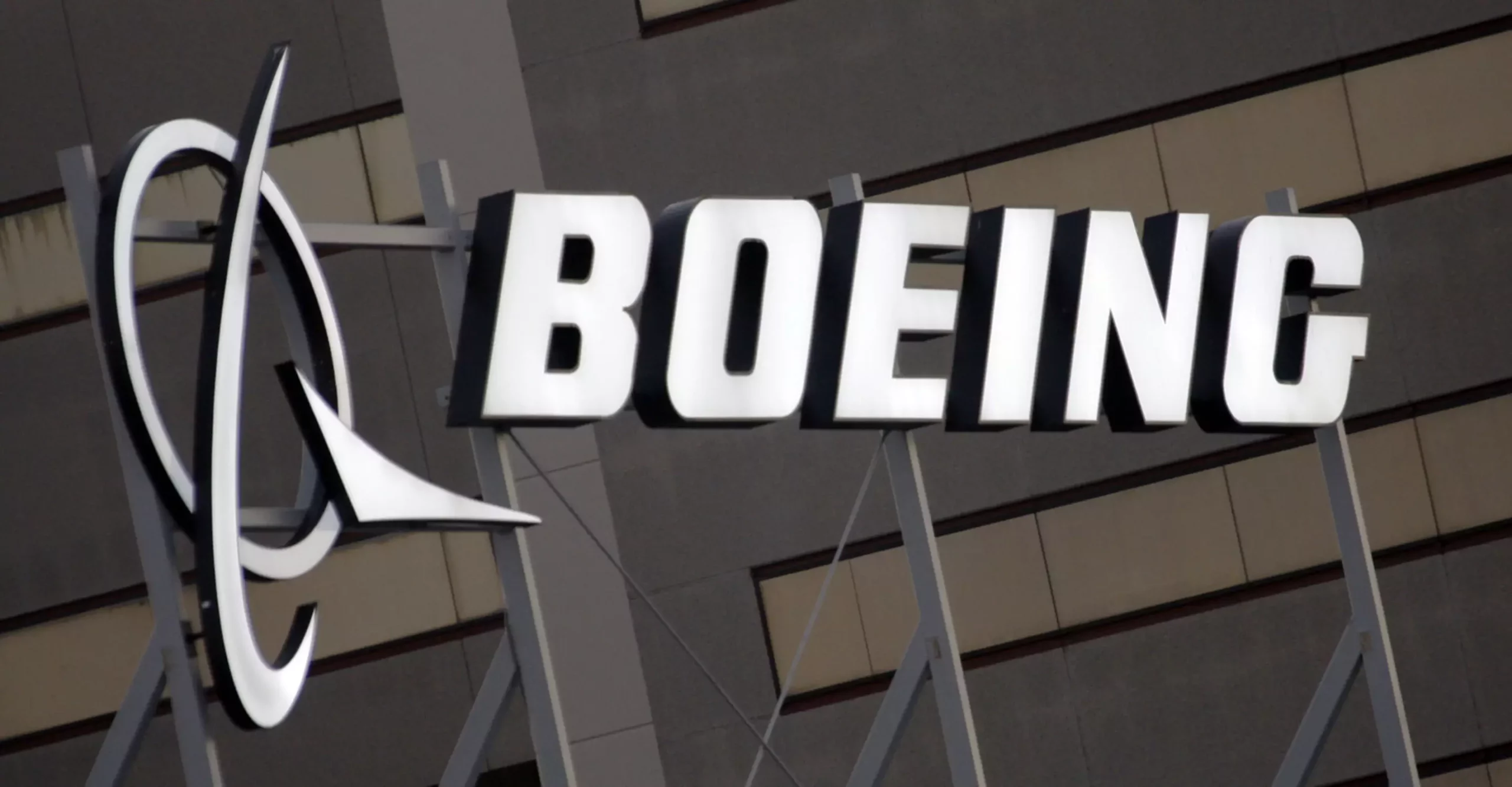In a move indicative of the brewing challenges within its defense and space sector, Boeing has made a significant shakeup in leadership. The company announced the removal of Theodore “Ted” Colbert III from his role as president and CEO of Boeing Defense, Space & Security. Stepping in as interim leadership is Steve Parker, the division’s chief operating officer. This strategic decision reflects Boeing’s commitment to grappling with the issues plaguing its defense segment, notably the financial losses linked to government contracts and setbacks experienced with the Starliner space capsule.
Colbert, who spent 15 years with Boeing and held various prominent roles, including chief information officer, now finds himself replaced as the company navigates turbulent waters. According to Kelly Ortberg, Boeing’s recently appointed CEO, the shift is essential for revitalizing trust among its clients and ensuring that the organization’s promise of reliability and excellence is upheld. This underscores Boeing’s recognition that corrective actions are necessary to showcase accountability and rebuild confidence.
Boeing’s defense and space division has been facing considerable financial duress, accruing losses of around $6 billion since early 2022. This figure, startlingly high, nearly echoes the setbacks suffered by Boeing’s commercial airplane business. The losses emanate largely from problematic government contracts, particularly in the realms of developing a new Air Force One and refueling tanker planes for military use. The extensive cost overruns and delays associated with these projects have placed Boeing in a precarious position, pressuring the company to reassess its operational strategies.
The company’s challenges are compounded by the issues surrounding the Starliner capsule, which have drawn significant criticism. Following an unsuccessful crewed mission to the International Space Station (ISS), NASA made the crucial decision to postpone the homeward journey of two astronauts, opting instead for a SpaceX capsule. This pivotal moment not only signifies the potential risk involved with Boeing’s spacecraft but also highlights the increasing competition in the private space sector, which can undermine Boeing’s standing in a market it once dominated.
As Boeing embarks on this transition, the focus is now on redefining strategies to recover from financial losses while minimizing risks in future missions. Ortberg’s memo serves as a clarion call to unite teams toward common goals that prioritize operational excellence and reliability in fulfilling commitments to customers. A renewed emphasis on transparency and communication may also be essential to mend relationships with stakeholders who may be wary following the tumultuous episodes of recent years.
Looking ahead, Boeing’s ability to stabilize its defense and space division will significantly influence its overall performance and long-term viability. The search for Colbert’s permanent successor will be crucial not just in searching for a visionary leader but also for someone capable of navigating intricate trade dynamics within the defense sector. The strategic adjustments in leadership and operations are a clear acknowledgment that Boeing recognizes the necessity for change— a significant step in addressing its current challenges while paving the way for sustainable future growth.

